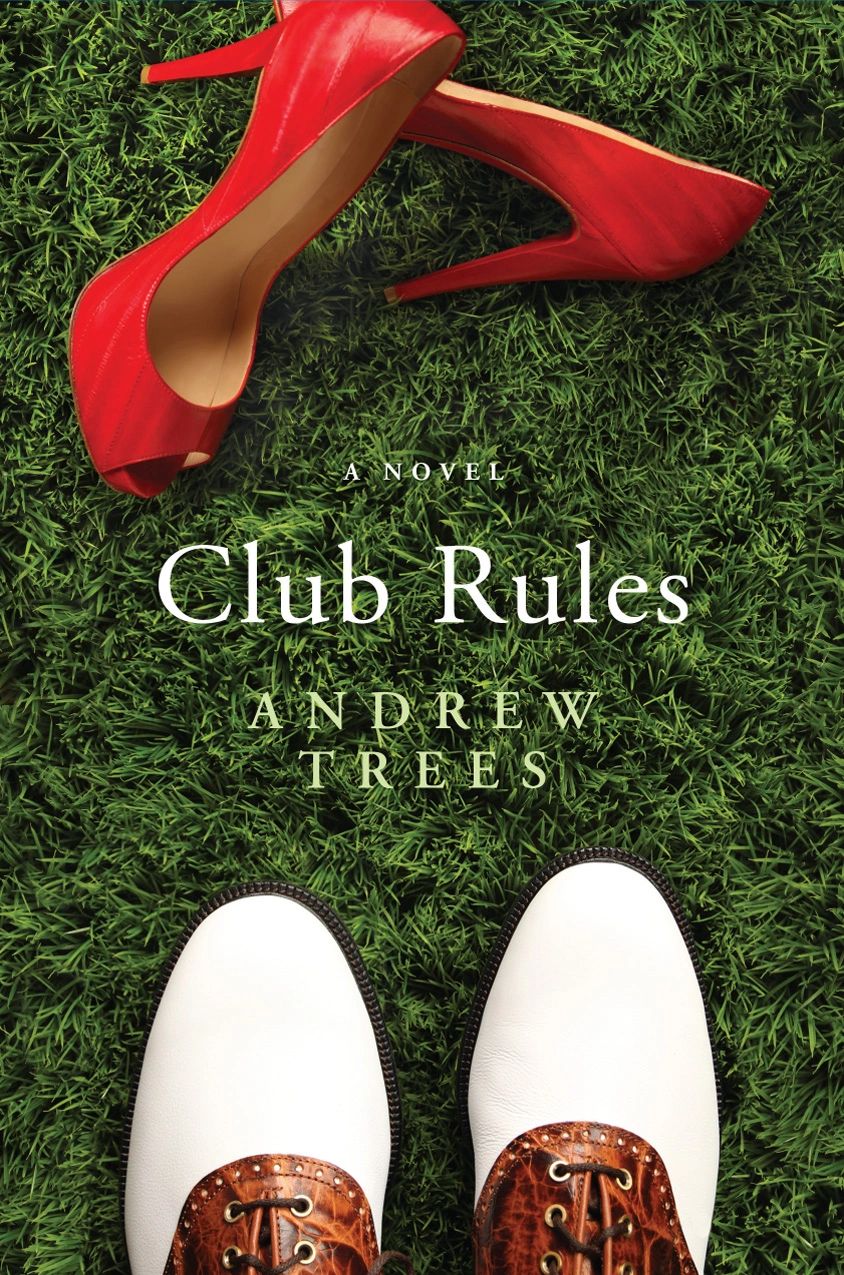Club Rules
A Conversation with Andrew Trees, author of CLUB
RULES,
Decoding Love, and Academy X
Q. What inspired you to write this book?
A. I find closed worlds with their hidden rituals and rules a
fertile fictional landscape. Besides the interest in exploring how these places
work, I am also fascinated by how inter-connected they are so that a change in
one relationship can create a ripple through the entire society.
Q. Were you at all hesitant to write a new
novel? Your last novel got you fired.
A. I take some satisfaction from the fact that the novel as a
genre still has the ability to provoke, even though we are in the age of
YouTube and Twitter. My only hesitation was showing Club Rules to my parents. My mother still gets upset with me
when I occasionally swear, and there are a lot of what my mother would call
“naughty words” in this book.
Q. Your previous book was about the
science of human attraction. Did that influence you at all when you wrote this
book?
A. I was working on both books simultaneously, and although I
wasn’t aware of any influence at the time, I’m sure my research played some
role in the largely grim view of male-female relationships in Club Rules. Of course, people make jokes about the battle of the
sexes all the time, but I was shocked to find that battle going on even at the
genetic level—to find, for example, that sperm and eggs have their own measures
and counter-measures for outwitting one another.
Q. Do you have a favorite character in Club
Rules?
A. Although he is hardly the most admirable character in the
novel, Norman Bond was probably the person I most enjoyed writing about. Much
of the novel is dark, so it was a great relief to turn to his more comic
antics. And I found that he had a stealthy poignancy. His perception of social
interactions is not just limited but frequently incorrect, and that—for me, at
least—gives him a pathos that makes him more than a buffoon.
Q. You speak of Norman’s lack of
perception, but that seems to mark almost all of the characters.
A. That’s true. One of the ideas that has stayed with me from
English graduate school is that all communication is in some sense
miscommunication. Not only do other people fail to understand us, we fail to
understand ourselves. And yet we all have great confidence most of the time
that our comprehension is perfect. For me, part of what is fascinating about
writing is trying to explore these slippages between what happens and what is
perceived, which occur in virtually every human interaction. What two people
think about any encounter rarely, if ever, matches perfectly.

